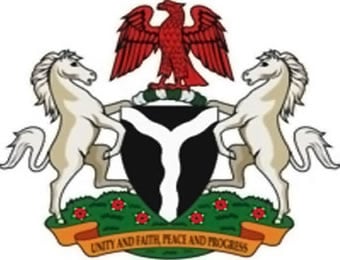B EFORE the Cross River State government can fully commence the construction of the proposed 275-kilometre, six-lane superhighway to connect Calabar, the Cross River State capital, to Benue State and other parts of the country, it must meet a set of conditions.
The state government is to ensure that the diverse management plans put in place for the project are strictly adhered to. They include the Environmental Management Plan (EMP), Biodiversity Action Plan (BAP), Resettlement Action Plan (RAP), Livelihood Restoration Plan (LRP), Greenhouse Gas Management Plan (GHGMP), Public Consultation Plan (PCP), Waste Management Plan (WMP), Traffic Management Plan (TMP) and Labour and Human Resources Plan (LHRP).
It is also expected to ensure that the construction of the entire road project and associated infrastructure conform to standard engineering codes and international best practices.
This in in addition identifying all proximate communities to the road corridor within the established area of influence as well as the project affected persons (PAPS) and ensureing that every community is regularly consulted with throughout the project lifespan.
The environmental offsetting should be one of the guiding principles for the proposed construction as the proposed project area of influence is noted for endemic, threatened and endangered flora and fauna. Thus, there shall be development and funding of biodiversity offset by the government.
It should also ensure that all relevant non-governmental organisations, local and international, are consulted with regularly during the project lifespan to ensure, among others, biodiversity protection and project sustainability.
The government should also ensure that the highly technical, eco-friendly bridges to be constructed at strategic points/biodiversity hotspots/critical ecosystem on the road corridor are intensively monitored by specialised, accredited consultants.
Borrow pits proposed for the road project should be provided with site identification number, reclaimed and converted to alternative, environment-friendly uses in line with regulatory standards.
Again, there will be drainage termination for the flow route of run-off/storm water to protect the road corridor from erosion, ensure that the road embankment is constructed in a way that allows free flow of surface water run-off, and that any existing access road to neighbouring villages and settlements are not blocked.
I dare say that judging by the structure of the documents, the names of individuals and respected organisations working with the Cross River State government on this project, Nigeria’s biodiversity will be prioritised.
‘Seyifunmi Adebote,
Abuja






